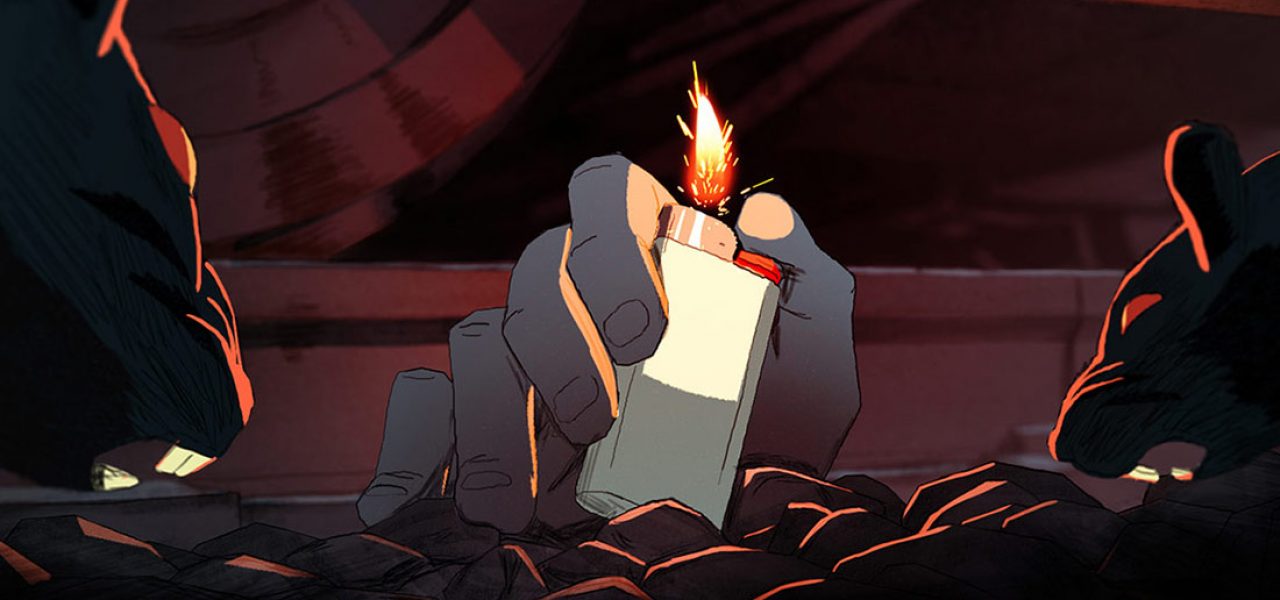

Netflix And Unions Clash Over New Production Quota In France
One of the most important debates currently taking place in Europe’s entertainment sector is also one of the most arcane.
The Audiovisual Media Services Directive (AVMSD), which was recently revised, is a framework coordinating new legislation on the audiovisual sector across the European Union. While the directive isn’t making many headlines, the intensity of the lobbying around it is a measure of its significance. Case in point: a recent dispute over Netflix’s place in France.
Responding to changes in how we consume content, the revised AVMSD seeks to level the regulatory playing field for all broadcasters and video platforms, including subscription video on demand (SVOD) services like Netflix and Amazon Prime. The framework covers a wide range of issues, from the protection of minors to the promotion of cultural diversity.
One of the AVMSD’s central provisions is the extension of an existing production quota to SVOD platforms. It requires platforms to ensure that at least 30% of their content is European (and to give prominence to this content), as traditional broadcasters must already do. The directive’s guidelines are not legally binding — they are merely a framework that each EU nation must individually interpret in its law.
France is set to transpose the AVMSD into law on January 1, 2021. According to the new law, SVOD platforms join other broadcasters in having to spend 25% of their turnover in France on European productions, with a large (and as yet undetermined) proportion of that going toward French productions in particular. Unsurprisingly, this rule is meeting resistance from the streaming industry.
Earlier this month, the consultancy firm Analysis Group published a study — backed by Netflix — that argued against the rule. Among other things, the study argued that:
- France’s production quota is obsolete: it was created in the 1980s, when there was less competition in the country’s tv market, and thus more need for regulatory support for local producers.
- The new rule could inflate production costs, with broadcasters and streaming platforms spending lavish sums on film stars just to meet their quota.
- It provides a disincentive to buy content from outside France and Europe. The broadcasters’ and streaming platforms’ offerings will become more homogenous, disadvantaging the consumer.
In conclusion, Analysis Group called for the government to abandon the quota as a percentage of turnover. Instead, it proposed that all broadcasters and streamers could contribute a fixed and equal sum to French and European productions each year.

The study drew the ire of France’s unions, USPA (which represents audiovisual production) and Animfrance (animation). In a joint statement (in French) titled “Netflix, Proponent of Decline!”, the unions rebutted Analysis Group’s points one by one, arguing that:
- Far from being a model of competition, France’s tv market has consolidated around four major players (TF1, M6, Canal+, and France Télévisions), which currently account for more than 90% of investment into French audiovisual production.
- France has recently welcomed a number of new tv and SVOD productions without seeing an inflation in production costs. The benefits of further investment will be felt across the sector, not just by stars.
- Netflix’s vast budget and global reach make it highly unlikely that local productions will dominate its programming in France. Its offering will not end up looking like those of its competitors.
Last year, Franck Riester, then Minister of Culture, warned that platforms that fail to observe the law will face sanctions, potentially including an outright ban from the country.
This issue may seem parochial, but it raises big questions about the role of government regulation and the future of our watching habits, which carry implications across and beyond Europe. The debate is intensified by the pandemic, which has hit film and tv production hard across the world, while helping Netflix. The unions pointed out the irony that the streaming giant is disputing the new quota even as its membership skyrockets.
(Image at top: “I Lost My Body,” an animated feature produced at Xilam and subsequently bought by Netflix.)

.png)